استثمار عقاري: Exploring جهود إعادة الإعمار ويؤثر سلبا

استثمار عقاري: Exploring جهود إعادة الإعمار ويؤثر سلبا
The promise of rebuilding after conflict or disaster often sparks excitement, but the intersection of "جهود إعادة الإعمار" (reconstruction efforts) and their potentially negative impacts raises crucial questions for "استثمار عقاري" (real estate investment). While these efforts aim to revitalize communities and boost the "real estate market" (سوق العقارات), they can also lead to unintended consequences that affect "property value" (قيمة العقار) and investment potential.
Specifically, we need to critically examine how reconstruction impacts existing "عقارات" (properties). A rapid influx of "new construction" (بناء جديد) and "land development" (تطوير الأراضي) can, paradoxically, devalue existing "renovated properties" (عقارات مجددة) if not managed strategically. The sudden availability of "apartments for sale" (شقق للبيع) and "villas for rent" (فلل للإيجار) can saturate the market, driving down rental yields and sales prices, especially affecting individual homeowners who rely on their "property" as a significant asset.
Furthermore, "luxury homes" construction might overshadow affordable housing needs, exacerbating inequalities within the community. This imbalance can create social tensions and ultimately destabilize the long-term sustainability of the "real estate" investment.
"جهود إعادة الإعمار" often necessitate infrastructure improvements, which is generally positive. However, if not executed thoughtfully, these developments could negatively affect certain areas. Imagine a major highway project increasing accessibility but simultaneously displacing residents or disrupting established neighborhood patterns. Such scenarios impact "property value" in the affected zones, influencing both short-term and long-term "real estate trends" (اتجاهات العقارات).
For those considering "استثمار في العقارات" (real estate investing) in areas undergoing reconstruction, careful due diligence is paramount. Understanding the nuances of the local "سوق العقارات" is essential. Identify "investment opportunities" (فرص استثمارية) that align with sustainable, inclusive development goals. Research the long-term plans for "land development" and infrastructure to accurately assess potential risks and rewards.
"Property management" (إدارة العقارات) strategies also need adaptation. Focus on maximizing the value of existing properties through targeted renovations or upgrades to maintain competitiveness against newer builds.
The goal is not to shy away from "investment" in rebuilding zones, but rather to approach it with informed awareness. Understanding the potential downsides of poorly managed "جهود إعادة الإعمار" enables you to make wiser decisions, safeguarding your investments and contributing to a more equitable and sustainable recovery. It is important to consult with local "real estate" experts and professionals.
Looking for "investment opportunities" in carefully planned redevelopment zones? Explore available "عقارات" and consult our specialists today to make informed decisions about your "استثمار عقاري".

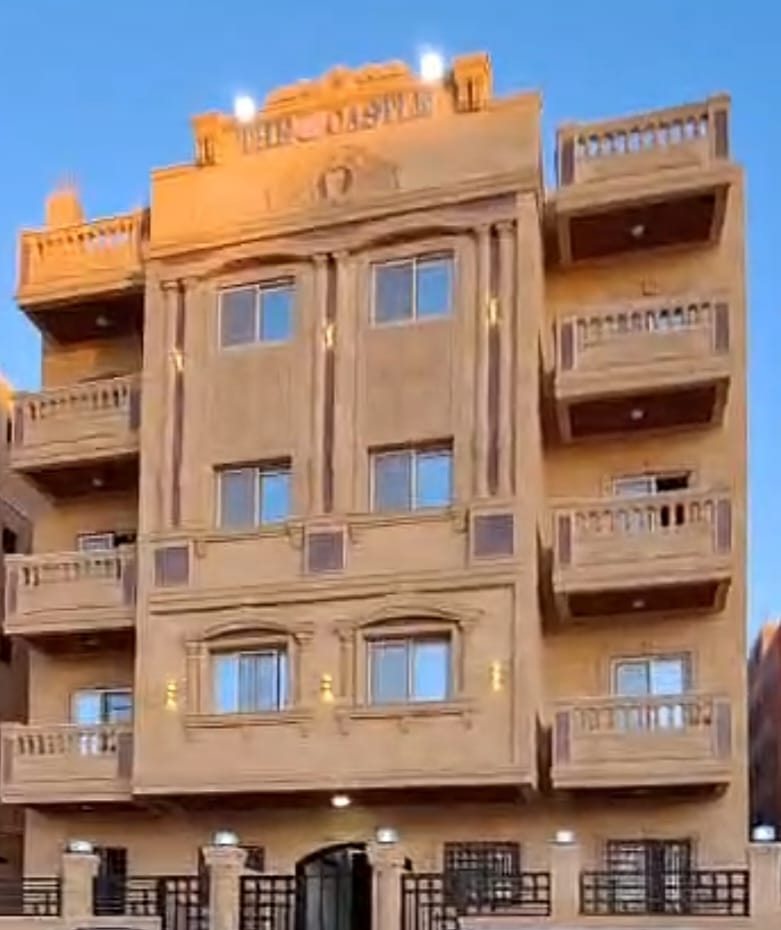


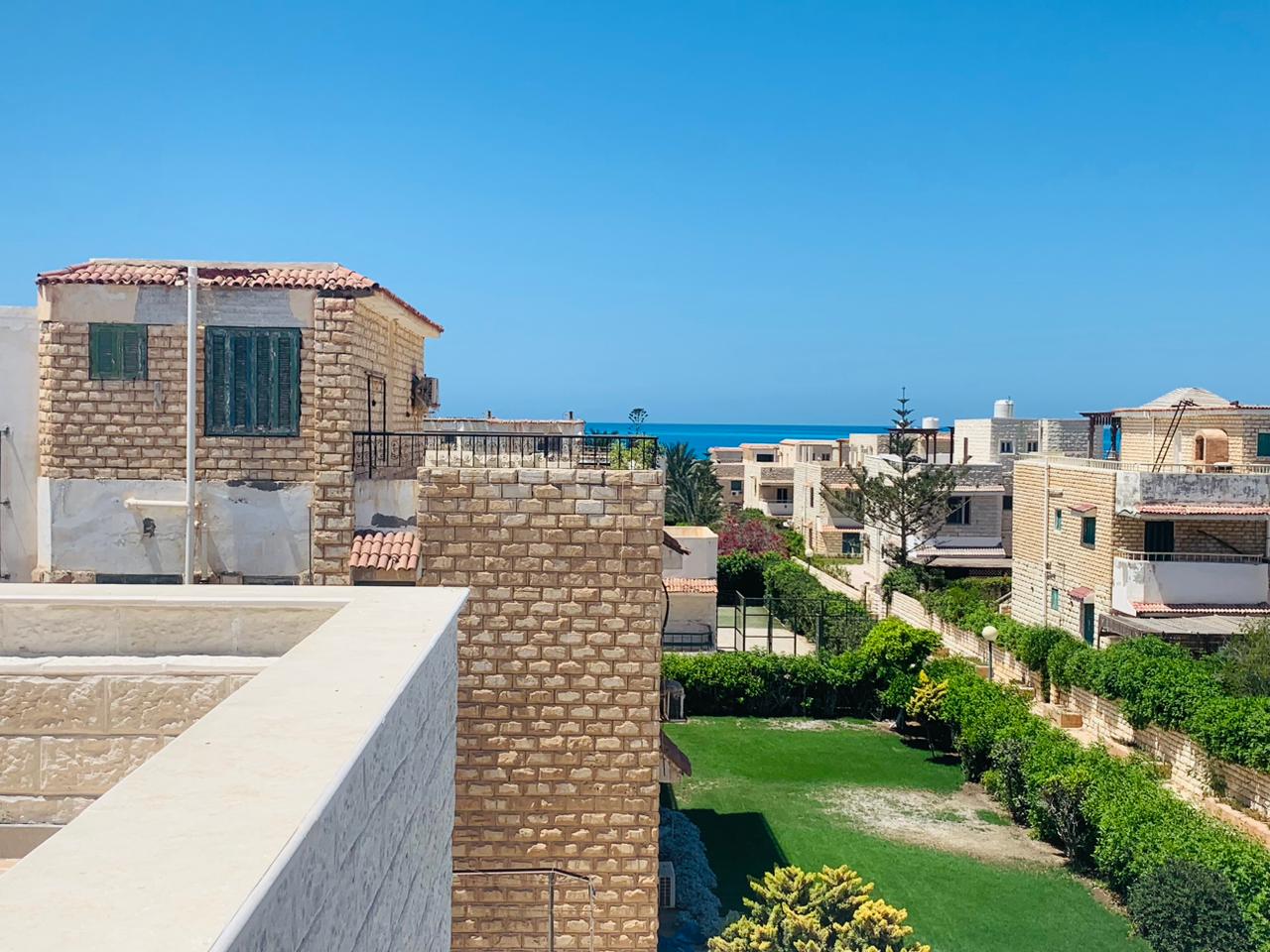

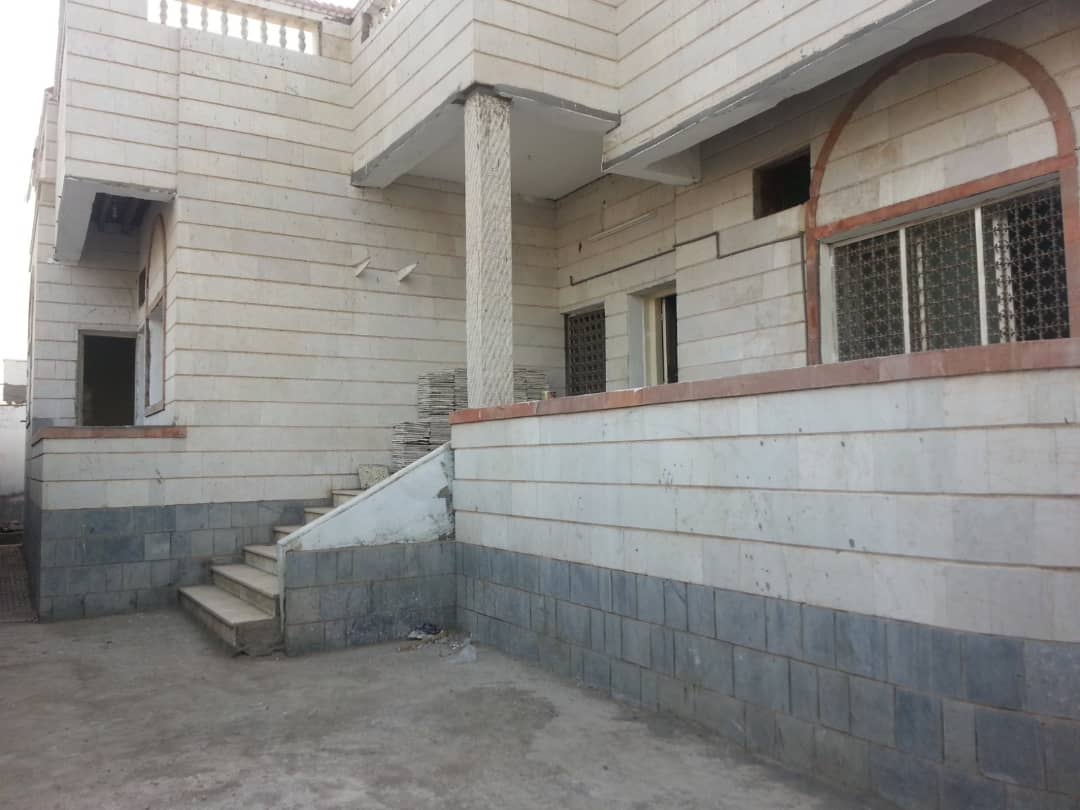
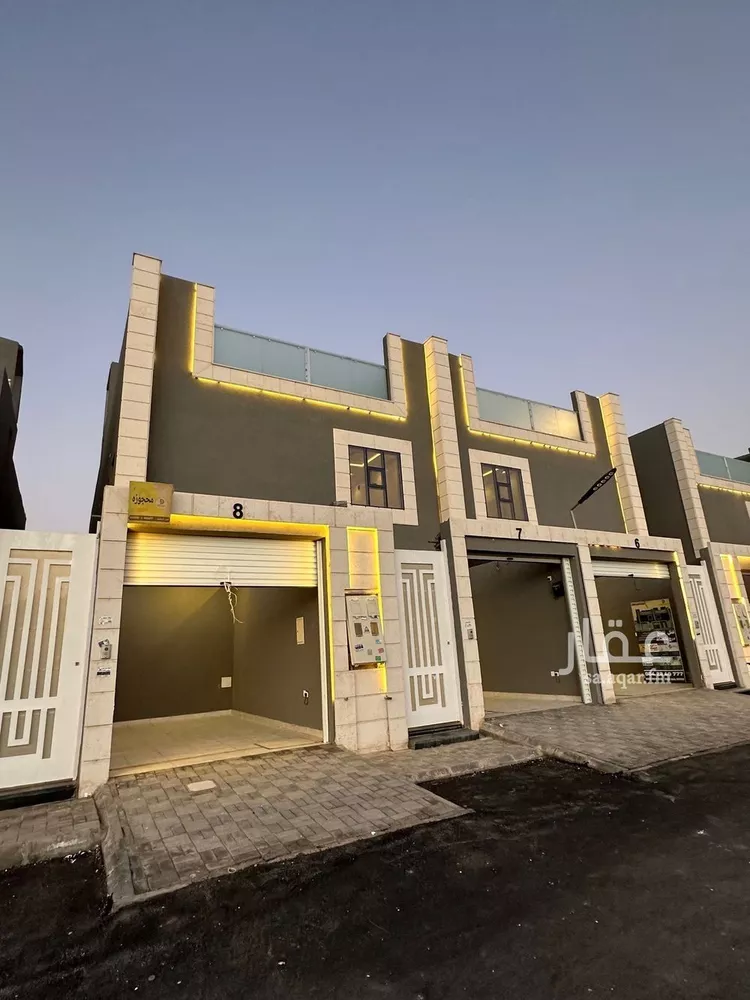
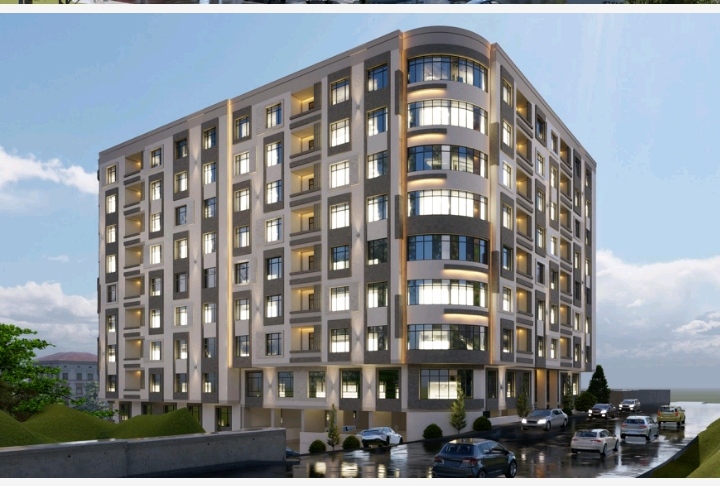
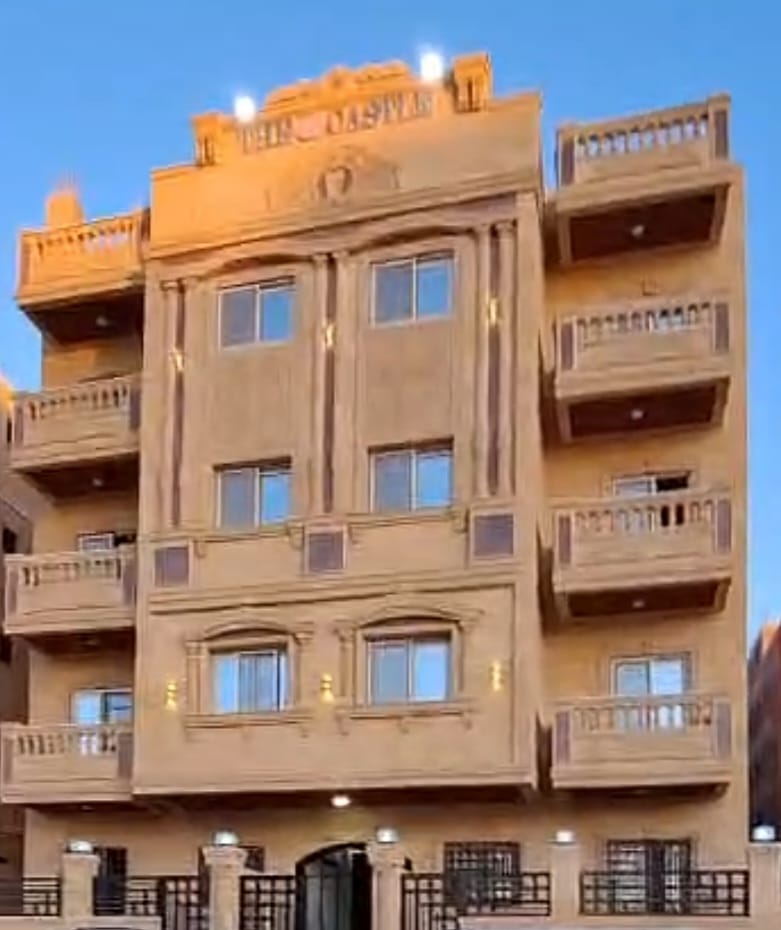
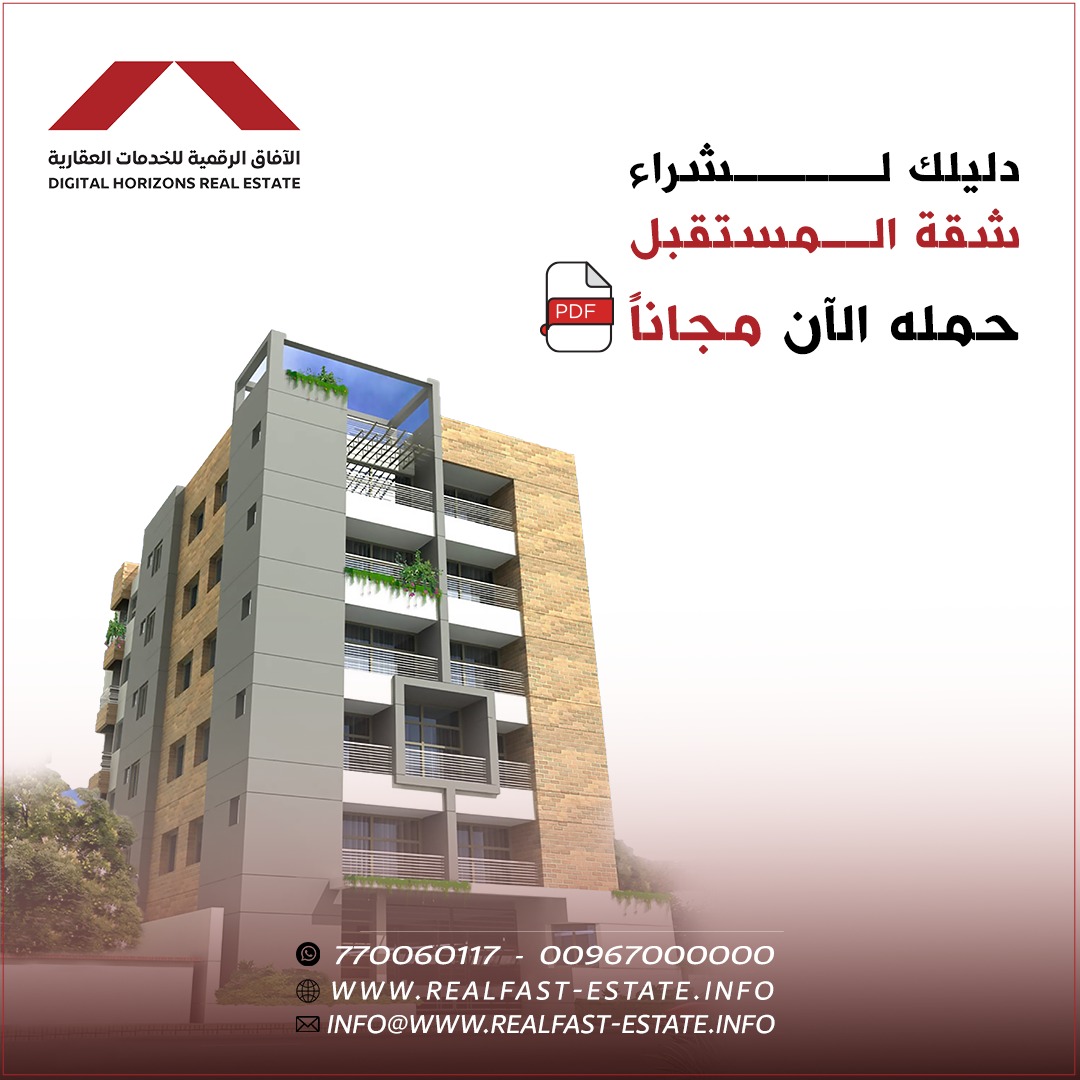

Comments